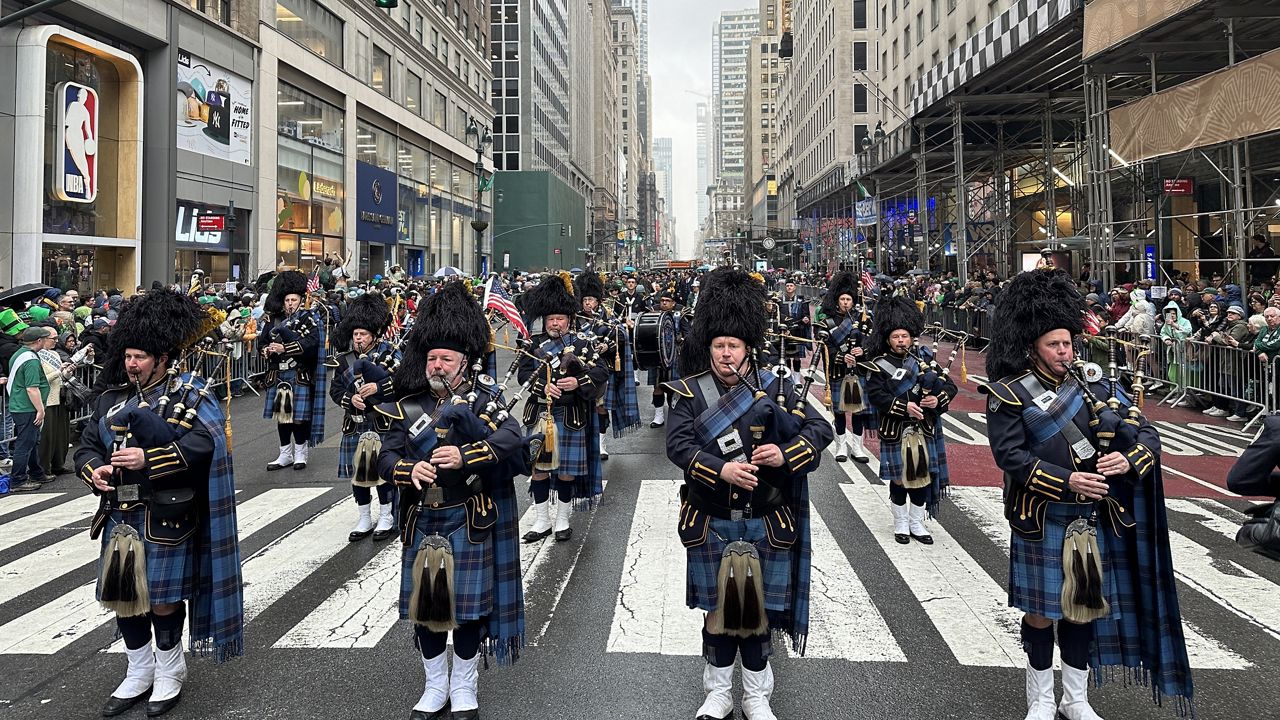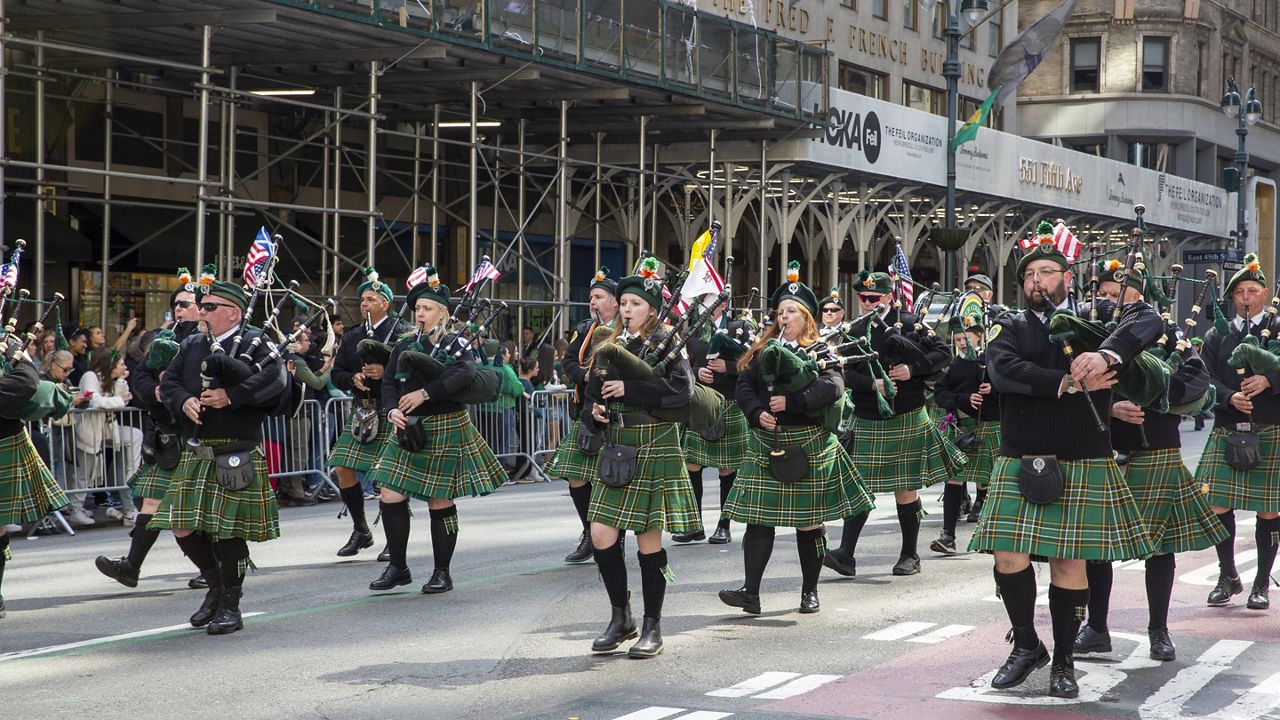The oldest and longest-serving federal judge in the country is retiring from the bench in Brooklyn. Judge Jack Weinstein, 98, has been called the original activist jurist, a judge more concerned about finding justice than following precedent. NY1's Michael Herzenberg takes a look back at a career that reads like an American History book:
From having a hand in desegregating America's public schools to presiding over high-profile mob trials to literally writing the book on evidence, Brooklyn Federal Judge Jack Weinstein is a legal icon.
"Students loved him," said John Coffee, a Columbia Law School professor.
John Coffee has known Weinstein for decades, teaching classes with him and working with him as a special master appointed by Weinstein in a sweeping lawsuit against Big Tobacco.
"The man is both a brilliant jurist and a man of extraordinary empathy," Coffee says.
That empathy was perhaps best exemplified by his handling of the Agent Orange case, the cancer-causing chemical agent used by the U.S. military in deforesting jungles during the Vietnam War. Veterans left ill from Agent Orange sued and Weinstein wasn't content to just preside over the case from his bench in Brooklyn.
"Jack Weinstein didn't just sit in a court room in Brooklyn, he went on a nationwide tour speaking to groups and listening to groups of Americans in a dozen different American cities," Coffee says.
The settlement Weinstein oversaw set a precedent he used again in a major lawsuit against the top asbestos manufacturer.
“That was more than just a legal precedent. That was designing a sort of a social system of paying out compensation so that it would most benefit the real victims," Coffee says.
Born in Wichita, Weinstein was raised in Brooklyn and graduated from Brooklyn College.
After Naval service in World War Two, he graduated from Columbia's Law School. As a member of its faculty, he helped the NAACP in Brown vs. Board of Education, the landmark 1954 Supreme Court case declaring segregated public schools unconstitutional. His 1987 book, "Weinstein's Evidence Manual," is still used by judges, lawyers and students as a concise guide to evidence required in the court
At the time of his retirement, he was the last serving judge appointed by President Lyndon Johnson. That was in 1967.
"He's a New York legend," says award-winning reporter Tom Robbins.
Robbins has watched Weinstein preside over many major cases. He says Weinstein often wore a suit instead of a robe and sometimes sat with lawyers rather than on the bench. Then there was the time an alleged mob boss, Jackie "Good Looking" D'Amico, was up for parole.
"And Weinstein says, ‘You know, I think you should probably get into a different line of work,' and that was Jack Weinstein."
Now Weinstein is leaving his line of work, after a remarkable 53-year run.







